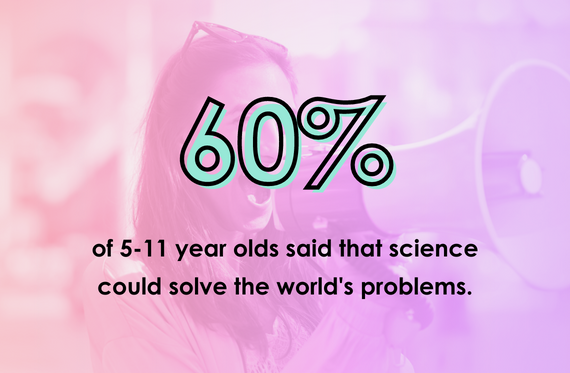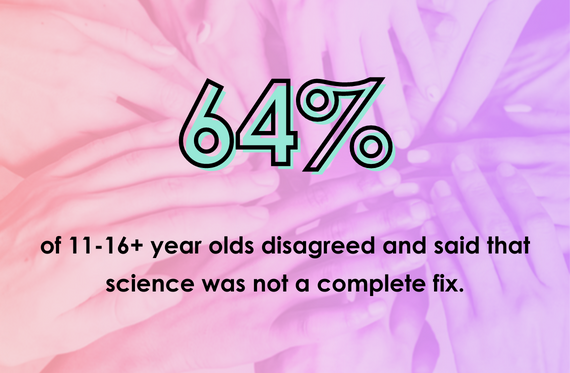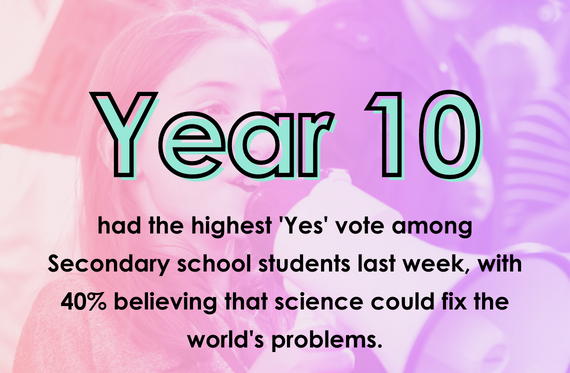Total votes
5-11 votes
11-16+ votes
Many of your garden variety superheroes have a scientific background. Think Tony Stark or the Hulk. (Other superhero franchises are available). But will science help us fix the many problems that the world faces?
Science, a broad subject to say the least, made many significant breakthroughs in 2022. From predictions of extreme weather to enhanced deep space photography, progress in 2022 was astounding. There were further advances in our understanding of how microbes act and how we can better treat some of the diseases that blight the world.
With this in mind, our voters considered whether more of our attention should be geared towards funding and finding scientific innovations and solutions in the future.

"We think Science will solve the world's problems, that's why we think it is important for children to learn Science in school. More time should be devoted to learning Science in schools to inspire future Scientists.”

"Science can not solve all the world problems. The environment and global warming might happen before we find a way.”

“If they have the right funding and the right equipment they will be able to figure out how to get sustainable energy to every country [...] If we all supported science more we could get a lot more done."



This week, two of our Impact Partners responded to what the young people have said in the vote.
Professor Jim Al-Khalili of the University of Surrey and presenter of Radio 4's The Life Scientific as well as Maria Rossini, Head of Education at the British Science Association responded to what the young people have said.
Click on the videos to see what they said.

